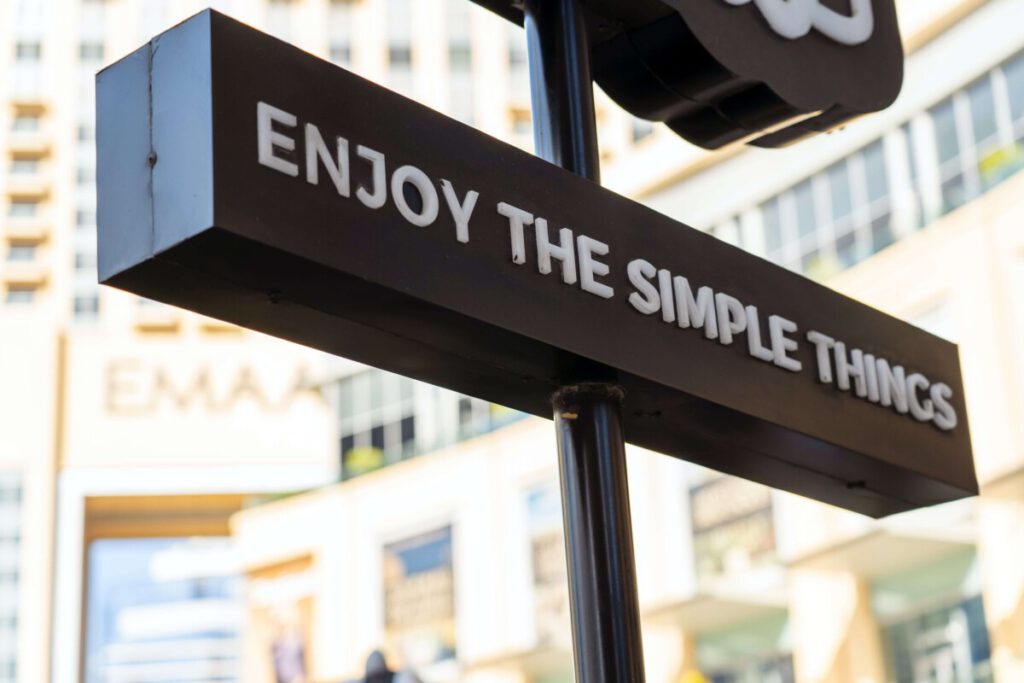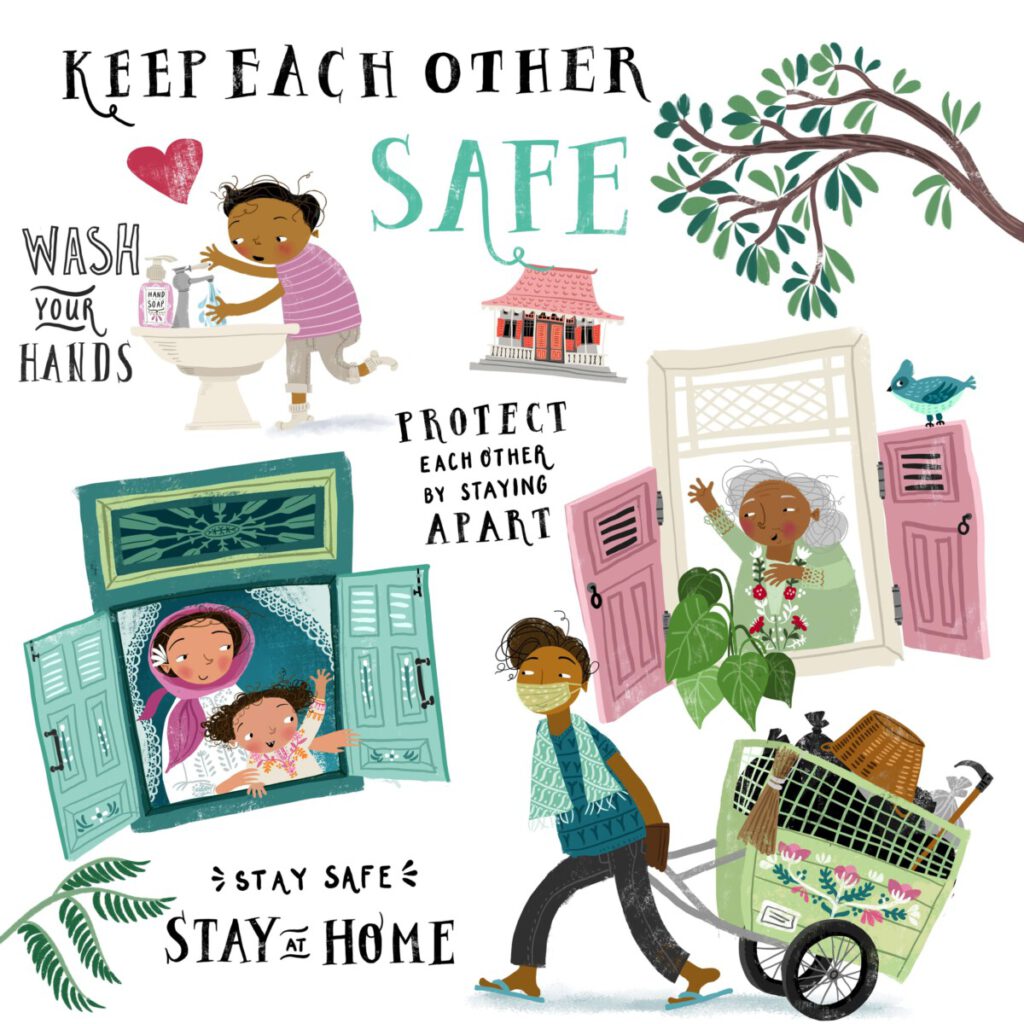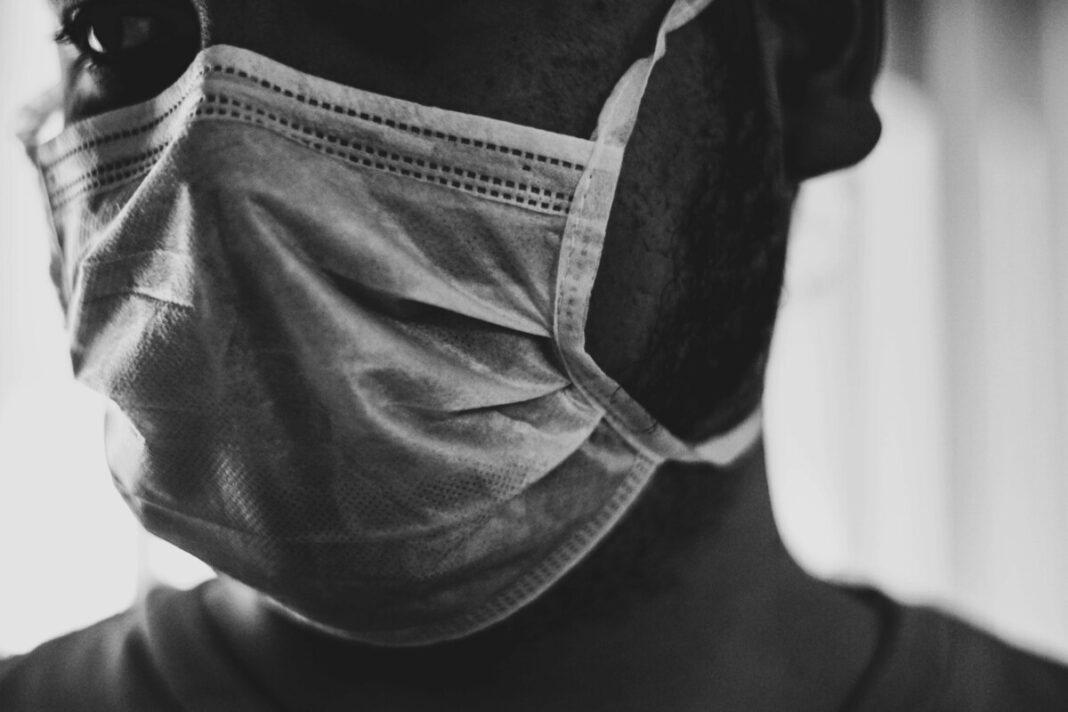Coronavirus is a global health emergency: primarily physical at the beginning, but mental health problems are now on the rise as people struggle with self-isolation and worries about the future.
Recently, more and more alarming reports have surfaced about what the corona crisis and lockdown does to our mental health. The spread of the coronavirus currently has major consequences for daily life in the Netherlands. COVID-19 makes the body sick, and when combined with the lockdown, it can sometimes also affect the mind. In the past few weeks, mental health complaints have increased, and treatment has also become almost impossible due to the lockdown.
Since the virus made its way into the Netherlands, it has sparked fear, guilt, anxiety and depression. While the number of cases and deaths may be reducing everyday, psychologists predict that the end of the pandemic may be the beginning of a mental health crisis in the Netherlands.
Negative effects of the pandemic on the mind
For people with a mental illness, the corona crisis has had a major impact on them. Many appointments in mental health care have been canceled or converted to phone/video calls. In many cases, the affected people desperately need therapy to keep their heads above water. According to a survey done by MIND in the Netherlands: half of the respondents indicated that they have trouble sleeping and also suffer from, for example, anxiety, depression, panic attacks, etc. Some spoke of having vivid dreams, often coronavirus related. A third are not sure how to get through the crisis.
Post-traumatic Stress Disorder (PTSD)
It is also evident that healthcare workers suffer mentally while on the frontlines of the corona crisis. They have to deal with a huge influx of patients, work long days and experience, firsthand, the fear and pain in the eyes of their critically ill patients, all without good PPE (in a lot of cases). The reality of this whole situation is that healthcare workers may end up suffering from post traumatic stress disorder. PTSD is the psychological stress that develops after a person has been exposed to a traumatic event. In situations (like Italy), where healthcare workers saw so much death, and even had to make the decision on which critically ill patients would receive treatment, and which ones would be left to die, they may be overwhelmed with feelings of guilt and shame, which in turn can cause psychological complaints, including PTSD. The question remains: how much damage has this caused, and how can our healthcare workers be helped?
Post-traumatic Growth in the Netherlands

No matter how traumatic certain events may be, they can sometimes lead to positive changes in people’s lives. The term ‘post-traumatic growth’ describes this phenomenon. During traumatic times like these, a lot of people can start thinking about what is truly important in life and become more guided by these values. For example, they may decide that they no longer want to take life’s simplest pleasures for granted, may feel more gratitude for the life they have or become more aware of their surroundings and everyone in it. Many people also experience a stronger connection in relationships and friendships, and some may even stop fighting amongst themselves and choose to make peace, do good and enjoy life.
Since the beginning of the lockdown in the Netherlands, we have seen true resilience from a lot of people; those who help the elderly with doing groceries, entertained their neighbours from their balconies, and others who are doing all they can to make the best of the situation, etc. The pandemic and lockdown will definitely leave a huge dent on our mental health, but so far, it has also led to post traumatic growth. One can only hope that when all this ends, there is more post-traumatic growth than post-traumatic stress.
For now, social distancing is still as important as ever. There is still no cure or a vaccine and it is of paramount importance that we continue to be there for one another. The pandemic might end up not leaving too great a burden on our collective mental healths if we all support one another through these crazy times. For all who do their best to keep the most essential parts of the Netherlands running, for the soothing music coming from the balconies, and every other help offered — big or small — we say a big thank you. These crazy times seem to have unlocked some kind of universal sense of what’s really important in life, and I hope that when all this is over, we can come out of it with more love and affection for one another.
Coronavirus information and help lines
Do you have any questions about the coronavirus? Then you can call the public information number 0800-1351 (available daily from 08:00 to 22:00).
Red Cross helpline for mental care
The Red Cross has opened a telephone helpline for people who are in isolation or quarantine. You can call 070-4455 888 (available from Monday to Sunday from 9:00 am to 9:00 pm).
On those days when you feel alone and need a listening ear, please call 070-4455 888 for a listening ear, some advice or just to discuss available options for extra help. And if you are concerned about someone who is vulnerable and may need help coping with the lockdown, you can also call the helpline. The Red Cross can then send a volunteer to support them.
Psychological help during the coronavirus lockdown
For people who may experience psychological problems such as anxiety, gloomy days, or stress, it can sometimes get worse if they already have mental problems. Talking about how you feel definitely helps. If you would like to talk about your concerns or problems, you can call MIND Korrelatie: 0900 1450, (15 cents per minute, every working day between 9am and 10pm). In addition, on Wijzijnmind you will find many options for support during these corona times: tips, contact with fellow sufferers, welcome distractions, and a livestream from the MIND Digital Living Room every afternoon. Please take advantage of this, if you think you may need it.
Lastly

We’ve been hearing the term, “the new normal” a lot. There are some who think that this so-called new normal is but a “temporary anomaly”. The terms, “1.5 m society” and “the new normal” are only for these corona times. Humans are social beings and for those who suffer mental illnesses in our communities, social contact can be a way to help them keep their heads above water. Unfortunately, that isn’t very possible right now. We must all understand that these coronavirus measures are certainly essential, but yes, they are not normal. They are a “temporary abnormal” that is necessary until a treatment and/or vaccine is available. So while we are social distancing, wearing our masks and no longer shaking hands or giving hugs, we should not forget the importance of looking out for one another.
We do not necessarily have to endure a mental health crisis after the corona crisis is over. And we can achieve this if we continue to take good care of ourselves and others, now and in the longer term. If hospitals and companies provide their employees with good mental support and care, we can definitely prevent a mental health crisis in the health sector. For now, the focus should be on making sure that we all survive this pandemic with our mental health intact. In addition, an emergency plan must be put in place by the government for mental health care. Some of our brave healthcare workers might need it when all this is over.
What has your experience been of mental health during this coronavirus crisis? Let us know in the comments below.
Feature Image: Tai’s Captures/Unsplash


